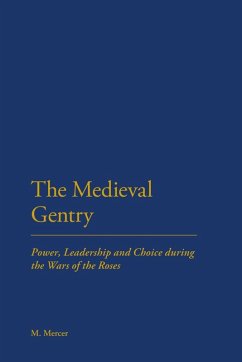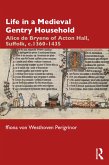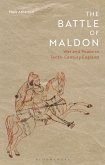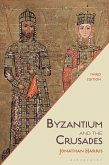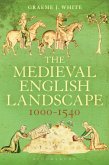What were the principal factors that influenced and shaped the behaviour of the gentry during the Wars of the Roses, from 1455 at the first battle of St Albans to the final encounter at Stoke in 1487? It was the gentry who were the natural leaders within their communities and the nobility relied upon them for military manpower, and to act as their mouthpieces at local levels. Consequently, the gentry's ability to persuade their kinsmen and tenants to act in a particular way was crucial, especially their capacity to raise and lead men into battle. This was a critical factor in the outcome of the Lancastrian and Yorkist campaigns. The book begins by outlining how individuals are understood to make decisions and the discussion then moves to the late medieval gentry and the characteristics that define them as a social formation. A definition of the gentry will also be offered. The remainder of the book assesses the relationship between the gentry and the political and social world of the late middle ages.
Bitte wählen Sie Ihr Anliegen aus.
Rechnungen
Retourenschein anfordern
Bestellstatus
Storno

